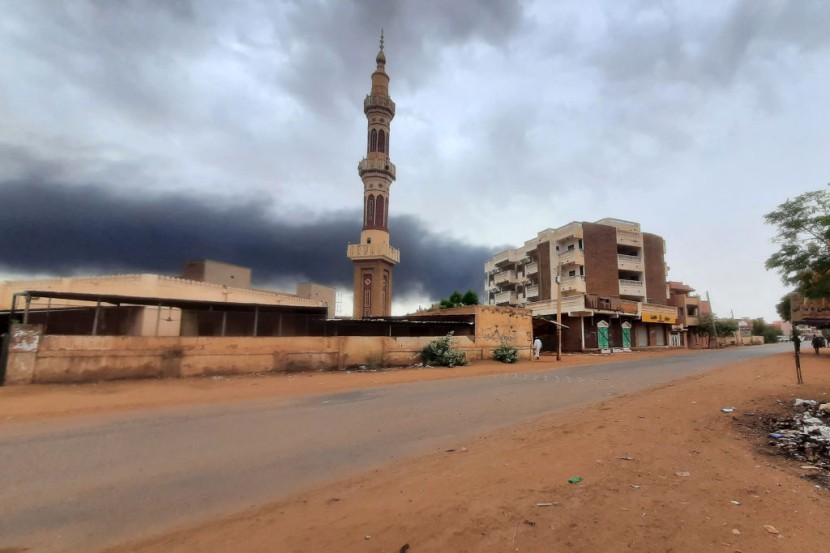
Fighting and artillery fire resumed in the Sudanese capital, Khartoum, as soon as an agreed-upon 24-hour ceasefire ended Sunday. Gunfire and shelling were heard merely 10 minutes after the time of its expiry.
The brief truce between the Sudanese Armed Forces and the paramilitary Rapid Support Forces (RSF) was implemented at 06:00 local time Saturday (June 10, 04:00 UTC) after both nations agreed to the proposal brokered by the United States and Saudi Arabia in Jeddah to allow for the movement of humanitarian aid throughout Sudan.
The shorter ceasefire was a response to the failure of a previously proposed 12-day truce between the two parties.
The conflict began on April 15 over tensions linked to an internationally-backed plan to transition the Sudanese government from a military junta to civilian rule.
As soon as the ceasefire ended, witnesses told news agencies that clashes and shelling resumed within Khartoum and its outskirts while looting became widespread.
"The truce made us relax a bit, but the war and fear are returning today," said 38-year-old Musab Saleh, a resident from southern Khartoum.
Read Also: Sudan Crisis: Warring Generals Agree to 7-Day Ceasefire as Tensions Spark Fresh Wave of Refugees
Tensions Beyond Khartoum
The conflict has displaced over 1.9 million people, including 400,000 fleeing to Egypt, triggering a major humanitarian crisis that could spill across Sudan's neighbors.
One of the areas that could trigger a crisis spill is El Geneina, a Sudanese town near the border with Chad after residents and activists reported new waves of attacks by Arab nomadic tribes with ties to the RSF.
Another affected city is El Obeid, southwest of Khartoum, and an area close to the crisis-laden area of Darfur. Residents said the conflict in the capital effectively put the city under siege as the RSF encircled the city, and they have cut off supplies of food and medicine. The Kordofan region, where El Obeid is located, is Sudan's agricultural powerhouse, as livestock, oilseeds, and gum Arabic are sourced from the area.
"The situation is difficult," North Kordofan resident Mohamed Salman told Reuters by phone. "The RSF are spread out on the roads between the villages and they are looting, and there are gangs looting everywhere. Moving from place to place became dangerous. We don't know how we'll plant or how we'll live in this situation."
Meanwhile, the RSF said it was trying to counter looting and also denied responsibility for the violence in Darfur.
Related Article: Sudan Crisis: Reports of Khartoum Women Raped by Armed Men Emerge
© 2025 HNGN, All rights reserved. Do not reproduce without permission.








